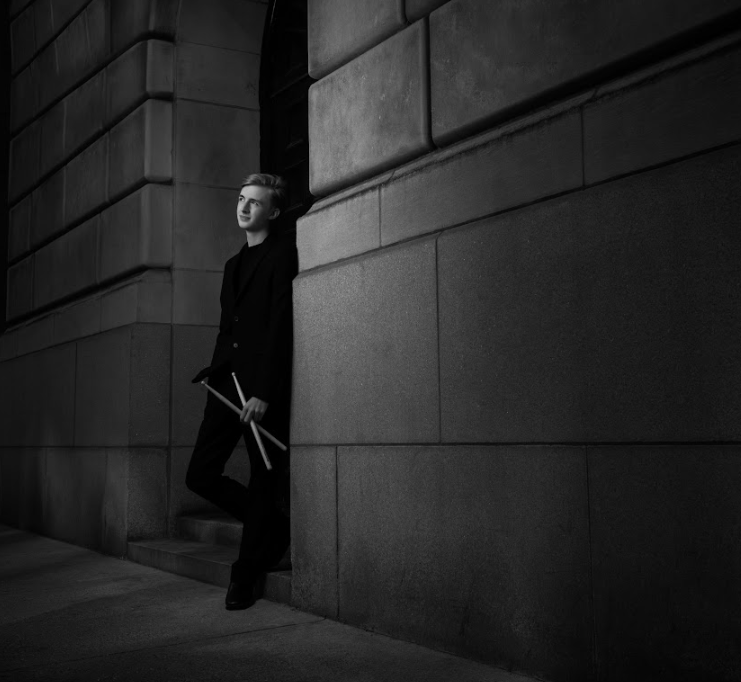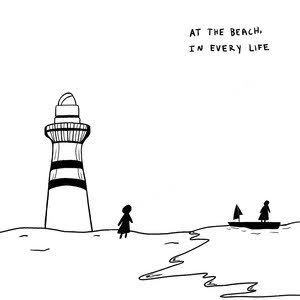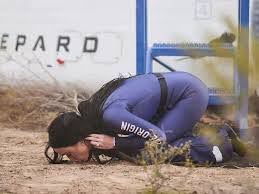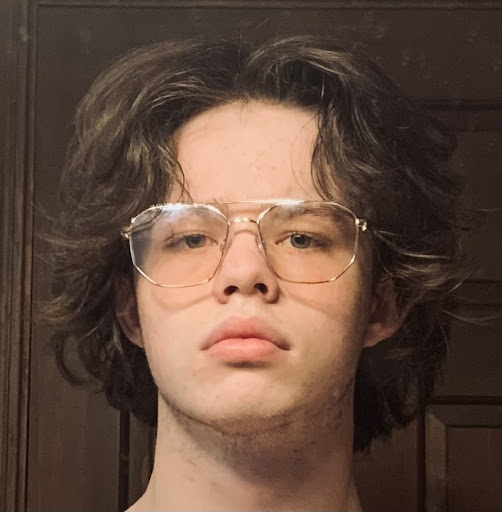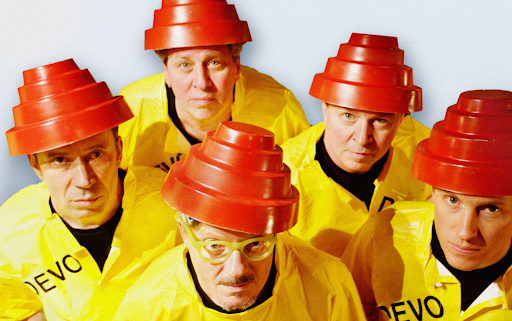
In the latter half of 1973, aspiring musicians Mark Mothersbaugh and Jerry Casale met at Kent State University and put together a band which they called Devo. Their band went on to garner more success than either of them could have ever imagined.
A new documentary about a beloved 80s new wave band just recently debuted to a private audience at the Sundance Music Festival. The documentary celebrates the band’s 50th anniversary, since originally forming in 1973.
DEVO began when Mark Mothersbaugh and Jerry Casale, two students attending Kent State University together, started playing together in a band that they would later call Devo. The purpose of the band was to be a political statement that expressed Mark and Jerry’s views to the tune of lively and avant-garde songs. The name, DEVO, comes from the term “devolution”, a word that Mark and Jerry used to describe the current state of the world.
Both Mark and Jerry were students at Kent State when the Kent State Massacre happened in 1970. Jerry was protesting on the day of the massacre and lost a close friend who was protesting with him to the shots fired by the police. Jerry saw this as clear evidence society was starting to backtrack on all of the progress that it made throughout the years. Him and Mark thought that people were no longer evolving and were now “devolving”. They started DEVO as a counterculture movement against the violence and oppression that the much of the world had been experiencing in the 1970s. Around this time Mark and Jerry’s brothers, both coincidentally named Bob, also joined the band.
DEVO released their first album, Q: Are We Not Men? A: We Are Devo!, more commonly referred to as Are We Not Men, during the summer of 1998 and saw moderate success with them being featured as a musical guest on Saturday Night Live just two months after the release. The album, at least for its time, was rather crude and discussed very controversial topics in quite unconventional ways. A large part of the album’s success was due to a short film the band had made two years prior which featured some of the songs on Are We Not Men. The film caught moderate success among critics and made many curious about what the group would do next.
After the release of Are We Not Men, DEVO would get right to recording their next album, Duty Now for The Future, later released in 1979. Duty Now for The Future was not as much of a success due to just how weird the music on it was, but it was praised by critics for how outlandish and weird it was. Though it never reached the mainstream, the album had a cult following among fans of the band.
After seeing the not-so-positive response to Duty Now for The Future, the band decided to take their third album in a different direction. They decided to try pop. A decision that definitely paid off.
Their third album, Freedom of Choice, was released in 1980 with the singles from the album being Girl U Want and, their most popular song by far, Whip It. Whip It was a huge success for the band, almost immediately entering into the top 40 of the Billboard Hot 100. The song catapulted the band into the mainstream and made the hardhats they wore synonymous with the 80s.
And now, 50 years later, Devo’s music has traveled far and wide with their biggest hit, Whip It, defining the early 80s music scene.

